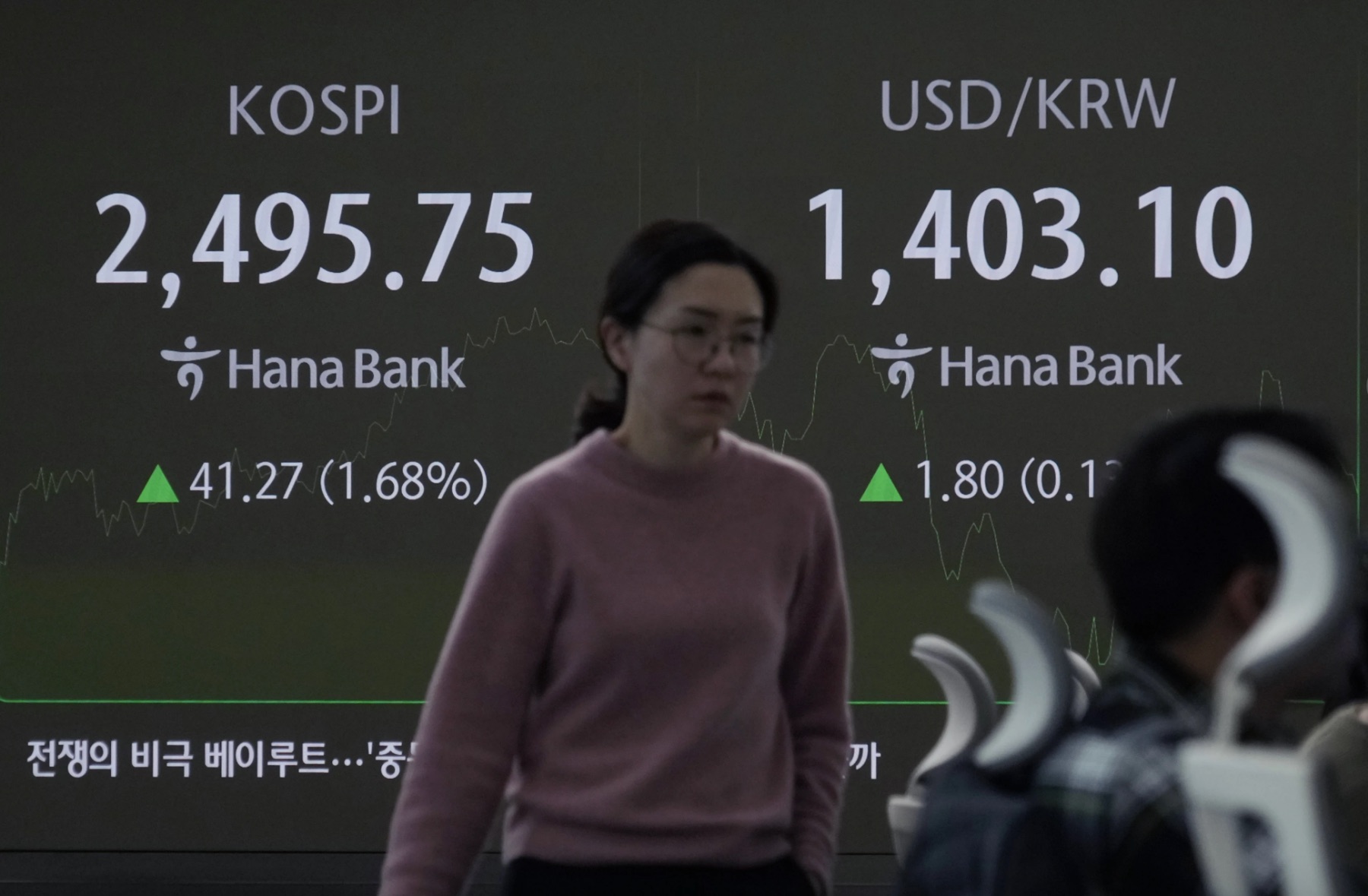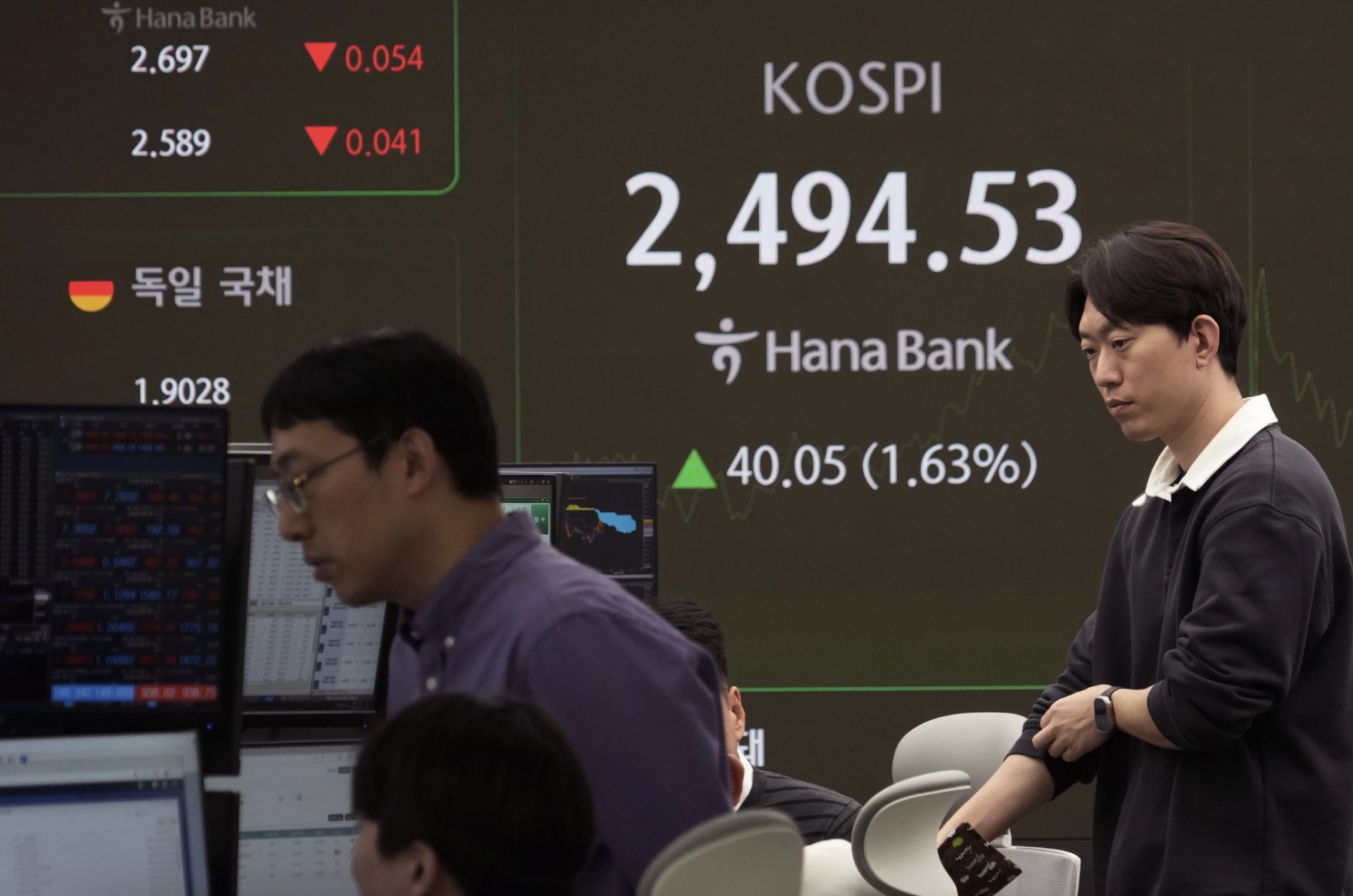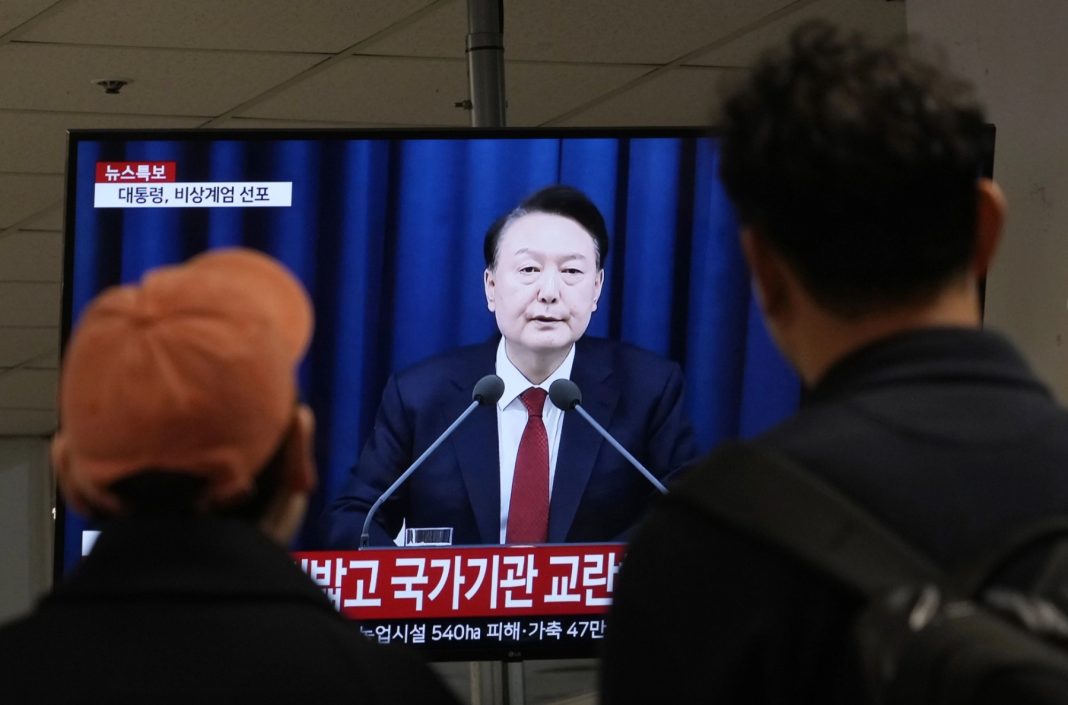SEOUL, South Korea – South Korean President Yoon Suk Yeol declared an “emergency martial law” on Tuesday, December 3, 2024 accusing the country’s opposition of controlling the parliament, sympathising with North Korea, and paralysing the government through anti-state activities.
The announcement, made in a televised briefing, saw Yoon vow to “eradicate pro-North Korean forces” and “protect the constitutional democratic order” of the country.
However, it remains unclear what concrete steps will follow or how the declaration will impact the governance and democratic framework of South Korea.
“I will eliminate anti-state forces as quickly as possible and normalise the country,” Yoon said, asking for the public’s trust and patience, despite acknowledging the “inconveniences” his actions might cause.
He framed the move as necessary to “rebuild and protect the free Republic of Korea, which is falling into the depths of national ruin.”

The announcement is a sharp response to months of mounting political gridlock between Yoon’s conservative People Power Party (PPP) and the opposition-led Democratic Party of Korea (DP).
Since Yoon took office in 2022, his administration has faced difficulties in pushing its agenda through a parliament largely controlled by the DP, particularly over contentious issues like the 2025 national budget and the ongoing investigation into opposition leader Lee Jae-myung.
Immediate Opposition and Legal Concerns
The declaration was met with immediate backlash from political leaders across the spectrum, including from Yoon’s own conservative party.
Han Dong-hoon, the leader of the PPP, called the decision “wrong” and vowed to “stop it with the people.”
Han, once a key ally of Yoon, expressed grave concerns about the ramifications of such a drastic move.
Opposition leader Lee Jae-myung, who narrowly lost to Yoon in the 2022 presidential race, condemned the declaration as “illegal and unconstitutional.”
Lee, a popular figure in the DP and seen by many as a strong contender in the 2027 presidential election, denounced Yoon’s actions as a direct attack on democratic principles.
In response to the emergency martial law declaration, the DP convened an emergency meeting of its lawmakers to discuss next steps.
The party has raised alarm over what it sees as an authoritarian overreach by Yoon’s administration.

The Root of the Crisis
The declaration comes amid a deepening political deadlock in the National Assembly, where the opposition has refused to pass key pieces of legislation, including next year’s budget bill.
Tensions have also flared over motions to impeach top prosecutors, including the head of the Seoul Central District Prosecutors’ Office, in a move that conservatives have characterised as an effort to undermine criminal investigations into Lee.
Yoon’s administration has also faced growing scrutiny over scandals involving his wife and several high-ranking officials.
Calls for independent investigations have been dismissed by the president, further inflaming political tensions.

Impact on South Korea’s Governance
While martial law declarations are rare in South Korea’s modern history, the move has raised serious questions about the potential erosion of democratic norms and political stability.
Experts have expressed concern that this could set a dangerous precedent for future governance, especially if it leads to further polarisation and undermines the system of checks and balances.
Yoon’s approval rating has been steadily declining in recent months, driven by criticism of his handling of domestic and international issues, including South Korea’s economic performance and relations with North Korea.
The emergency declaration, however, signals his determination to push forward with his political agenda, regardless of the opposition’s resistance.
As the situation continues to unfold, it remains to be seen whether Yoon’s controversial decision will succeed in breaking the political gridlock or if it will lead to further instability in an already divided South Korea.







